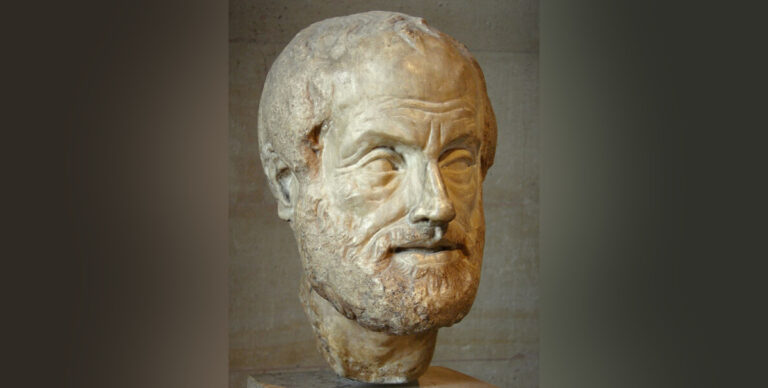No, he did not. Nor did he believe in an afterlife. In contrast, Plato believed in both.
Aristotle’s views on the soul diverge significantly from modern interpretations of the relation between an eternal soul and your consciousness. While Plato asserted the notion of a soul as an immortal, spiritual essence that exists apart from the body, Aristotle spoke of a life force, frequently mis-translated to “soul,” as the essence that gives life to a physical body. For him, his life force idea is the “form” of a living being—its functional aspect that enables life processes such as growth, perception, and thought. An often cited example of the result of his framework that exemplifies his thoughts is:
“An acorn’s ultimate goal is to become an oak tree.”
His ideas framed discussions of life, purpose, and consciousness in terms that tied the body’s physical and biological nature. Aristotle’s life force concept is more about the vital forces that animate living beings rather than a disembodied spirit or an entity capable of surviving death. His unique perspective challenges us to rethink our assumptions about the nature of the soul and consciousness.
Deep Dive Invitation: Interested in exploring how Aristotle’s ideas fit into the larger evolution of thought on consciousness? If you’re ready to challenge your perceptions and delve into the fascinating journey of human understanding, take the 8-minute deep dive: Echoes of the Self: Exploring Consciousness Across the Ages
.









